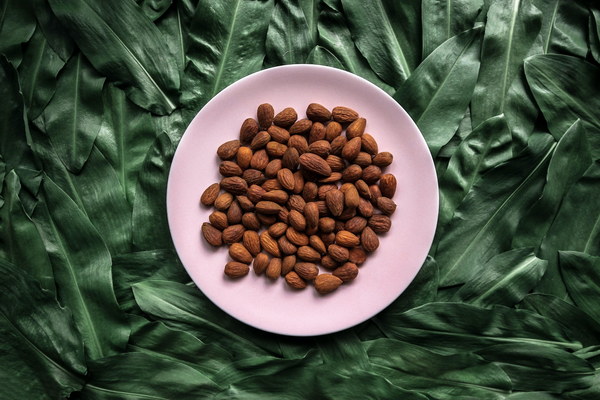Revitalize Your Liver Discover the Power of Peptide Supplements for Alcohol Consumption
Introduction:
Alcohol consumption is a common part of socializing and celebrations, but it can take a toll on our liver health. The liver is responsible for metabolizing alcohol and filtering out toxins from the bloodstream. However, excessive drinking can lead to liver damage and diseases such as cirrhosis and liver failure. To support liver health and mitigate the negative effects of alcohol, many people are turning to peptide supplements. In this article, we will explore the benefits of peptide supplements for protecting the liver during alcohol consumption.
1. Understanding Peptides:
Peptides are short chains of amino acids that play a crucial role in various biological processes. They act as messengers in the body, regulating functions such as immune response, hormone production, and cell growth. Peptide supplements are derived from natural sources and are designed to support specific bodily functions, including liver health.
2. How Peptides Support Liver Health:
The liver is a vital organ that performs numerous functions, including detoxifying the body, producing bile, and storing nutrients. Peptide supplements can offer several benefits for liver health, especially when it comes to protecting it during alcohol consumption:
a. Enhanced Detoxification: Peptides can enhance the liver's ability to metabolize and detoxify alcohol, reducing the burden on the organ. This can help prevent liver damage and the development of alcohol-related diseases.
b. Antioxidant Properties: Peptides have antioxidant properties that can help neutralize free radicals and protect liver cells from oxidative stress. This can prevent the accumulation of harmful substances in the liver and reduce the risk of liver damage.
c. Increased Production of Glutathione: Glutathione is a powerful antioxidant that plays a crucial role in protecting the liver from oxidative damage. Peptide supplements can stimulate the liver to produce more glutathione, thereby enhancing its protective effects.
d. Anti-inflammatory Effects: Alcohol consumption can lead to inflammation in the liver, a condition known as alcoholic hepatitis. Peptide supplements have anti-inflammatory properties that can help reduce inflammation and promote liver healing.
3. Popular Liver-Protecting Peptides:
Several peptide supplements have gained popularity for their liver-protecting properties. Here are a few notable examples:
a. S-Adenosyl Methionine (SAMe): SAMe is a naturally occurring compound that has been shown to support liver function and reduce inflammation. It can help regenerate liver cells and enhance detoxification processes.
b. Glutathione Peptides: Glutathione peptides are designed to increase the levels of glutathione in the body, providing a strong antioxidant defense for the liver.
c. Hepatocyte Growth Factor (HGF): HGF is a peptide that stimulates the growth and regeneration of liver cells. It can help repair liver damage caused by alcohol consumption and promote overall liver health.
4. Incorporating Peptide Supplements into Your Routine:
To maximize the benefits of peptide supplements for liver health, it's important to incorporate them into a balanced lifestyle that includes:

a. Moderation in Alcohol Consumption: While peptide supplements can support liver health, they are not a substitute for moderate alcohol consumption. It's essential to limit alcohol intake to reduce the risk of liver damage.
b. Proper Diet: A diet rich in fruits, vegetables, and lean proteins can support liver function and aid in detoxification. Avoiding processed foods, excessive sugar, and saturated fats is also beneficial.
c. Regular Exercise: Regular physical activity can improve liver function, boost metabolism, and enhance overall health.
Conclusion:
Peptide supplements offer a promising solution for supporting liver health during alcohol consumption. By enhancing detoxification, reducing inflammation, and increasing antioxidant levels, these supplements can help mitigate the negative effects of alcohol on the liver. However, it's important to remember that they are not a substitute for responsible alcohol consumption and a healthy lifestyle. Incorporating peptide supplements into a balanced routine, along with moderation in alcohol intake and a healthy diet, can contribute to optimal liver health.









